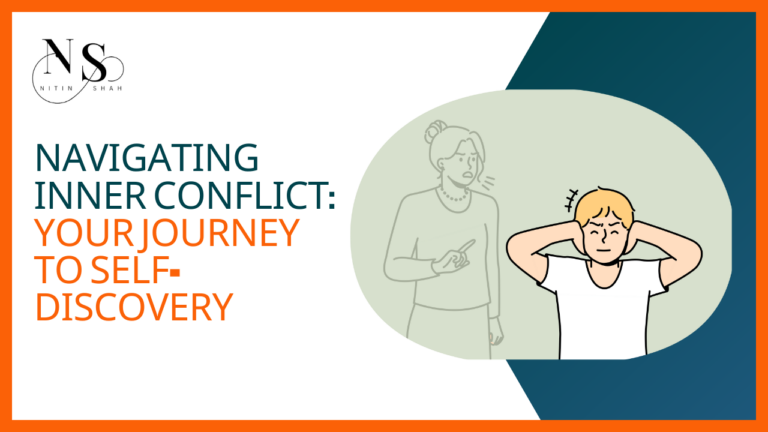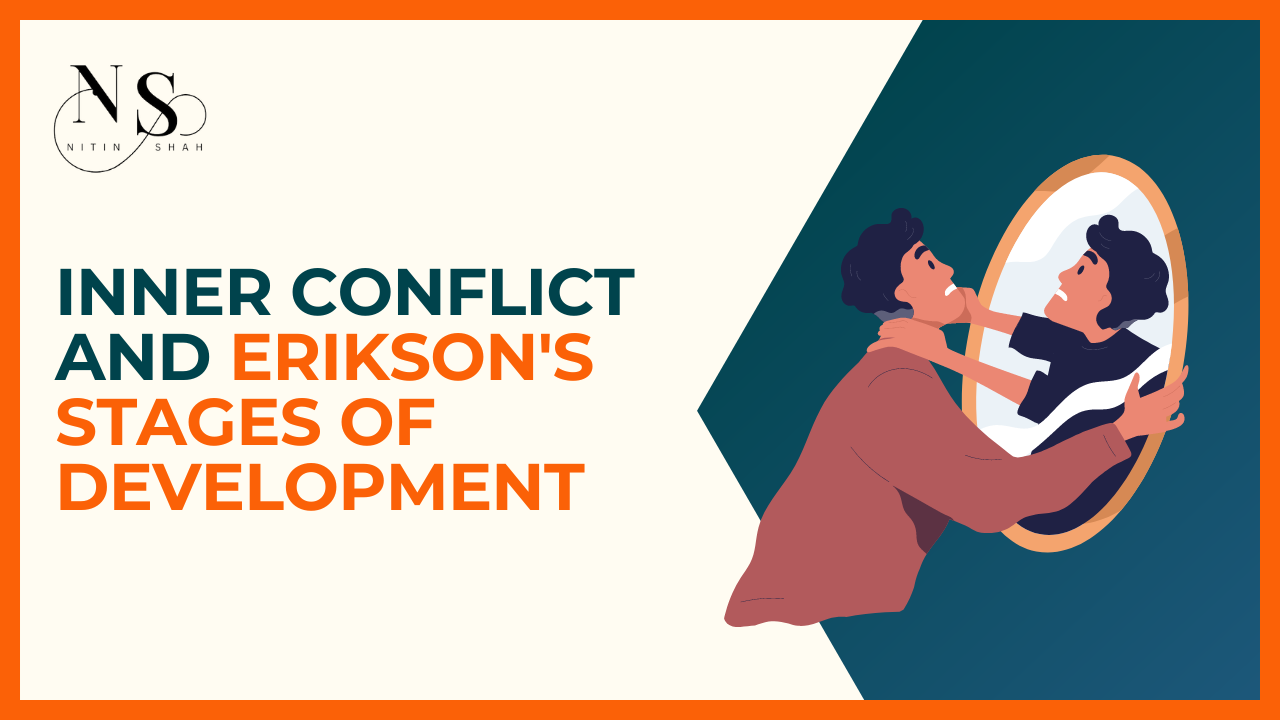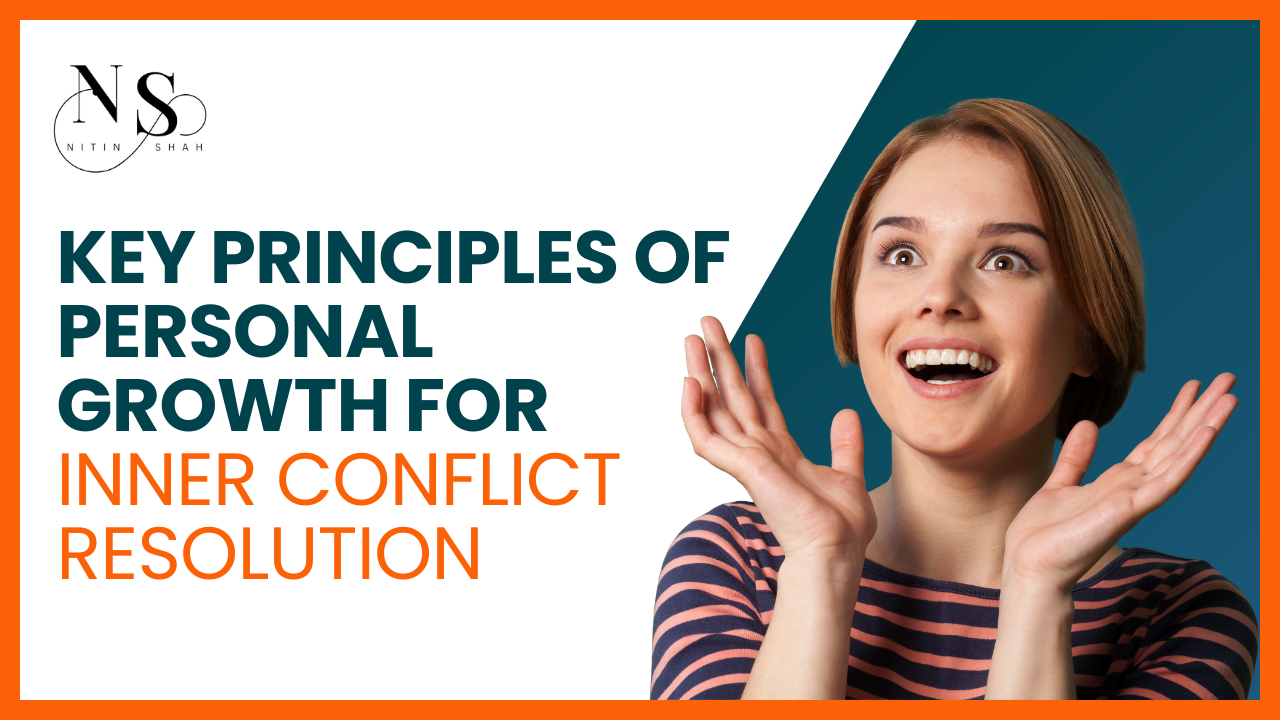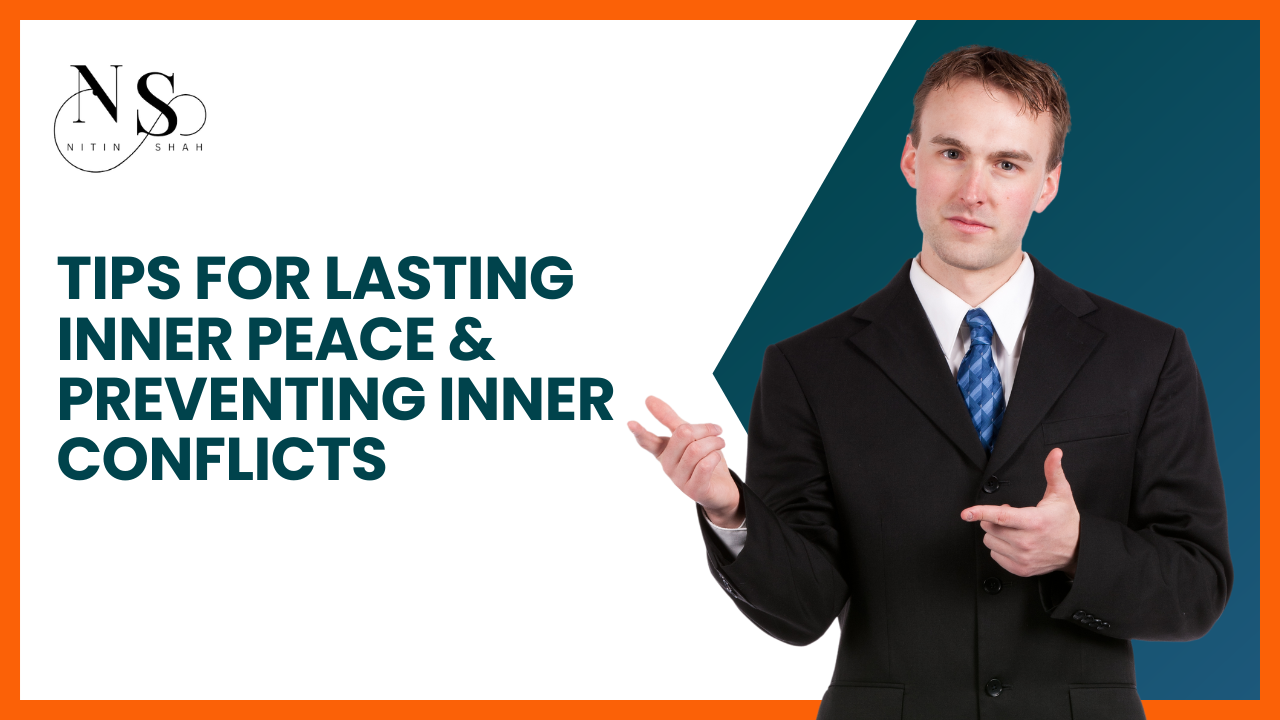Welcome to the exploration of inner conflict, a journey that many embark on as they navigate the intricate dance between personal struggles and external influences. If you’re feeling a tug-of-war within yourself, know that you’re not alone. In this article, we’ll delve into the factors that might be contributing to your inner turmoil and explore how therapy can be a transformative guide on your path to self-discovery.
Societal Norms and Expectations
Imagine the pressure of societal expectations—the invisible weight that makes every decision feel like a balancing act. It’s okay if you’ve felt this. Many do. We’ll talk about John, who faced the dilemma of choosing between his passion for art and societal demands for a conventional career. Coping with these pressures is part of the journey, and therapy offers a safe space to unravel these conflicts. Together, we can explore strategies to align your personal values with societal norms, fostering a sense of authenticity and relief.
Cultural Factors and Inner Conflict
Our cultural backgrounds shape us in profound ways, sometimes leading to conflicts within ourselves. Like Sarah, who found herself torn between her conservative cultural upbringing and modern values. In therapy, we can work on understanding and harmonizing these differences. It’s about honoring both your cultural identity and your individual beliefs, creating a space where you can be true to yourself without losing your roots.
Interpersonal Relationships and Their Impact

Relationships can either be anchors or sources of turbulence. Family, friends, and romantic partners often contribute to the complexities of inner conflict. Maria’s story, for instance, reflects the struggle between personal aspirations and familial expectations. In therapy, we can navigate these complexities together, fostering healthier relationships and establishing boundaries that prioritize your well-being.
Overlapping Influences: Intersectionality
Your identity is multi-faceted, and the conflicts you face often result from the convergence of various forces. Jenna’s experience as a first-generation immigrant dealing with different cultural norms is a prime example. In therapy, we’ll explore the intersectionality of your experiences, unraveling the threads that contribute to your inner conflict. Recognizing these overlapping influences is the first step towards understanding and healing.
Psychological and Emotional Impact
Inner conflict takes a toll on your mental health, causing anxiety, stress, and a sense of diminished self-worth. It’s okay to seek help. Therapy provides a supportive environment to address these emotional burdens. Together, we can work on strategies to manage and alleviate the psychological impact of your inner conflicts.
Resilience and Growth
Amidst the chaos of inner conflict lies the potential for resilience and growth. Therapy is not just about addressing challenges; it’s a transformative process that can help you bounce back stronger. Every session is an opportunity for learning, growth, and positive change. Embracing therapy is a commitment to your personal development and a path towards a more fulfilling and authentic life.
Conclusion
As you navigate your inner conflict, remember that seeking help is a courageous step towards healing. If you resonate with any of the experiences shared in this article, consider taking the next step. Book a free consultation session to explore how therapy can guide you on your journey to self-discovery. Your inner peace is worth investing in, and therapy is a valuable resource to help you find it. Take that step today. Your transformation begins here.




